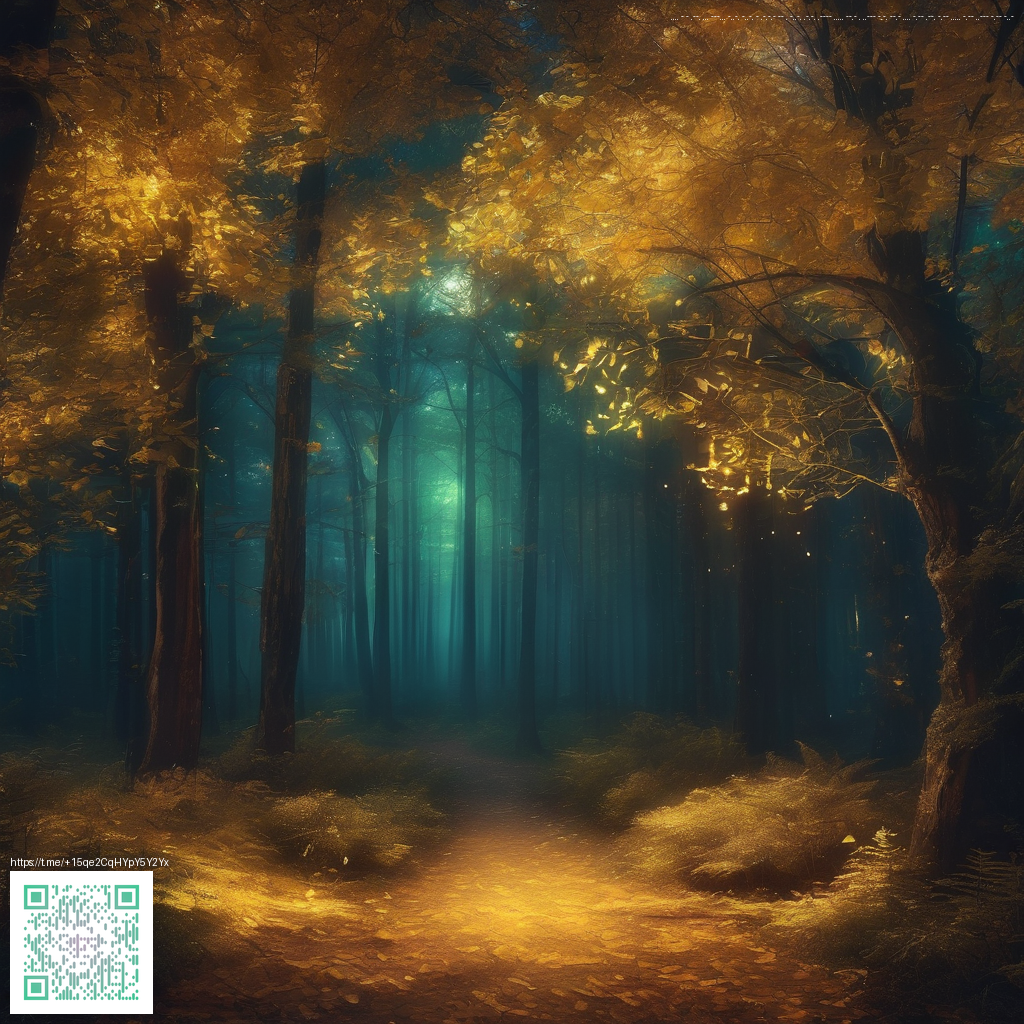
Exploring the Don't Starve Together Roleplay Scene
Roleplay communities around Don't Starve Together have evolved into vibrant spaces where survival mechanics meet collaborative storytelling. Players craft characters, agendas, and moral boundaries that define every rationed bite and perilous excursion. The result is a living, breathing ecosystem where lore grows as quickly as the next winter storm outside the walls of a hastily built base 💠
For many fans the draw is not just the gauntlet of hunger and hunger panics but the chance to explore narratives that breathe within a shared world. Deep conversations about character backstories, server etiquette, and practical survival tactics become common currency. The best servers blend thoughtful governance with playful spontaneity, giving you both a sense of danger and a sense of belonging ☘️
Gameplay systems that fuel the RP engine
Don’t Starve Together provides a robust sandbox where every resource management decision can echo into roleplay moments. The day night cycle, seasonal shifts, and the fragile balance between sanity and fear serve as natural prompts for scenes and arcs. Players coordinate on expeditions that feel like improvised theater, where a caravan’s route can hinge on a rumor and a single lantern can spark a crisis that reshapes a base’s hierarchy 🌑
Base building often evolves into a storytelling device. Safe havens become stage sets for negotiation and alliance building. Historically the most engaging servers track player intent and acknowledge when characters have conflicting goals. This attention to collaborative pacing helps keep conflicts dramatic yet fair, letting every voice have a moment in the spotlight.
Community dynamics and etiquette
Healthy RP spaces emphasize consent, tone, and character integrity. Servers commonly publish etiquette guidelines that discourage metagaming, power plays, and out of character disruptions. Moderation often relies on a mix of volunteer admins and dedicated moderators who enforce guidelines without stifling creativity. The result is a culture where players feel safe to explore morally ambiguous choices while keeping the experience welcoming for newcomers 🤝
In practice this means clear boundaries around romance plots, violence levels, and content warnings. A thriving RP community treats worldbuilding as a collaborative project. When disagreements arise there is a quick recourse through discussion channels or a neutral moderator review. The aim is to sustain momentum while protecting individuals from uncomfortable scenarios.
Modding culture and tools that power the scene
Modders play a crucial role in shaping RP experiences. Character sheets, dialogue enrichments, and journaling mods help players stay in character even during hectic survival moments. Many communities lean on lightweight tools that track inventories, health states, and quest hooks so that plot threads feel continuous across long sessions. The modding ecosystem thrives on sharing templates, scripts, and custom item lore that enrich the world without breaking balance.
On the developer side the team behind the base game remains supportive of modding through accessible APIs and Steam Workshop integration. This openness invites a steady influx of community driven content and experimentation. Players often cite the sense of bootstrapped artistry as a defining trait of DST RP culture, where a single mod can unlock hours of narrative potential 💠
Developer commentary and patch context
Don’t Starve Together developers have historically engaged with modders and server communities to understand the impact of balance changes on RP play. Community feedback channels and official patch notes frequently highlight adjustments to survival systems, companion behaviors, and world generation that ripple through roleplay scenarios. The ongoing dialogue between players and developers helps keep RP servers feeling dynamic rather than static, ensuring that new features enhance storytelling opportunities rather than restricting them. The result is a living version of the game that evolves alongside its most creative players 🌑
As updates arrive, RP servers tend to reexamine their guidelines to reflect new mechanics. A patch might introduce a new biome, a fresh set of resources, or an interface tweak that makes coordination easier during large group events. In these moments, community leaders host discussions to translate patch notes into in game implications, ensuring the undercurrent of narrative possibilities stays strong for every session.
For players seeking practical tips, start small. Join a welcoming server that documents its RP expectations, run a character concept by the mods, and participate in a starter arc that lets you learn the group’s rhythm. Engage with others respectfully, log out with your character’s status updated, and remember that the best stories often happen when players listen as much as they speak 💬
Whether you are a veteran explorer or a newcomer curious about the culture, the DST RP scene rewards curiosity, collaboration, and a little improvisation. The community boundaries are porous in all the right ways, inviting experimentation while preserving the shared sense of danger and wonder that makes the game so compelling.